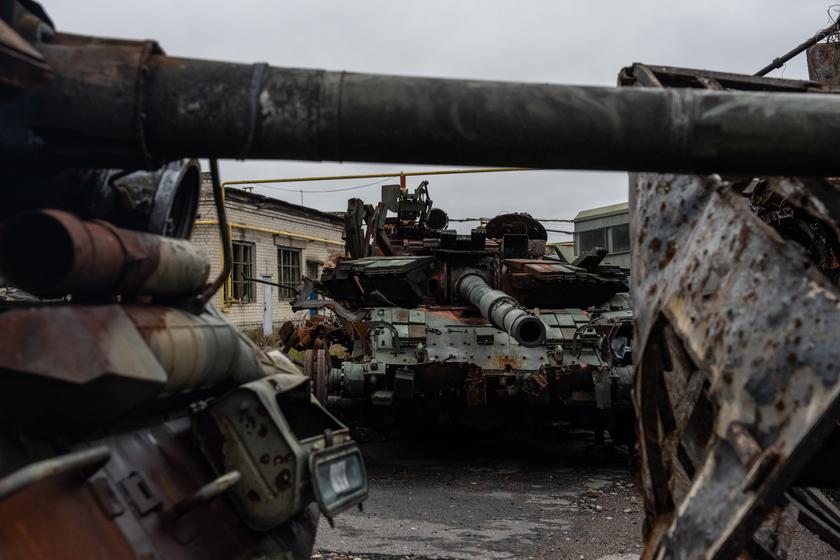
Russia may use microchips from refrigerators and washing machines in military equipment – Bloomberg
After the full-scale invasion of Russia into Ukraine, there was a boom in European exports of household appliances to Russia’s neighboring countries. And in Europe, they are worried that these household appliances can be taken to Russia in order to use their components for weapons, writes Bloomberg.
What does it mean?
Earlier, the officials of the USA and European countries repeatedly spoke about the fact that Russia replenishes the lack of microchips for military equipment with parts from household appliances: refrigerators, washing machines and dishwashers, etc. What’s more, these components were found in equipment knocked down and captured by the Ukrainian military.
A sudden and unexpected surge in European exports of washing machines, refrigerators and even electric breast pumps to Russia’s neighbors has the EU worried that the trade boom could help Russia’s military machine in Ukraine.
According to data compiled by Bloomberg from the EU’s Eurostat database, in the first 8 months of the year, Armenia imported more washing machines from the European Union than in the last 2 years combined. In August, Kazakhstan imported European refrigerators worth $21.4 million, which is more than three times the amount for the same period last year. Exports of electric breast pumps from the EU to Armenia almost tripled in the first half of 2022 compared to the previous year, despite a 4.3% decline in the birth rate in Armenia. Similarly, Kazakhstan’s demand for breast pumps from the EU increased by 633% in the first half of 2022, even though the country’s birth rate fell by 8.4% over the same period.
Russian demand for electric breast pumps from Kazakhstan has more than doubled in the first 8 months of the year compared to all of 2021, according to the Kazakhstan government. In 2022, the country also delivered $7.5 million worth of washing machines to Russia, compared to almost zero in the previous two years. The export of refrigerators to Russia increased 10 times compared to the previous year.
Of course, this may also be related to the sanctions, due to which Russia cannot independently receive equipment from Europe.
“Even very complex Russian weapons systems are often built using common microelectronic components that can be found in a number of commercial products. It is possible that Russia’s military-industrial complex imports ready-made commercial products in order to disassemble them into spare parts,” noted James Byrne. Byrne), director of open source intelligence and analytical research at the Royal Joint Arms Institute, a British think tank.

